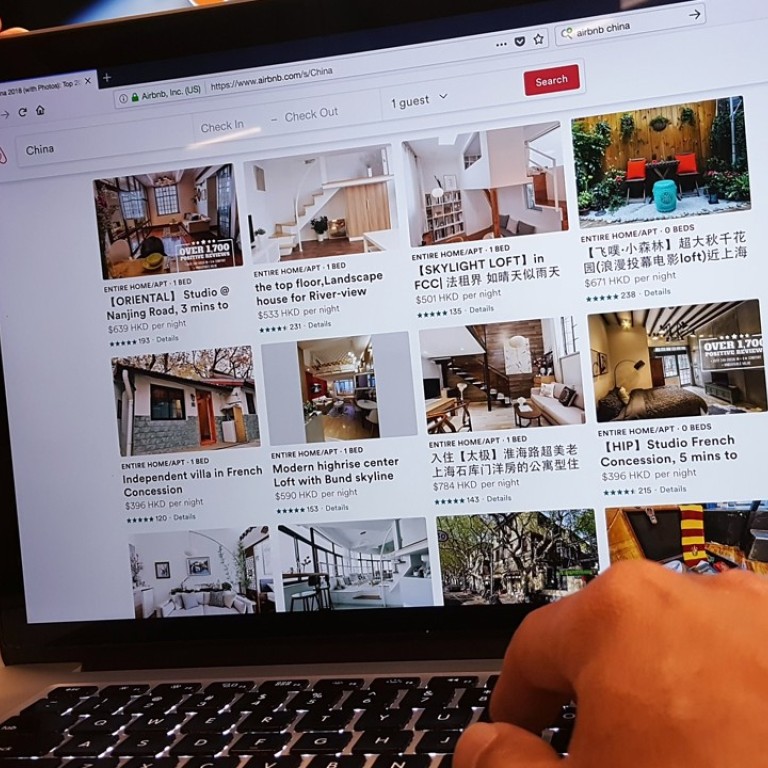
Modern travellers in need of legal protection
Hotel owners face challenges from Airbnb-type services and, with technology creating new markets, there must be sufficient safeguards
Competition is always hard to swallow for existing businesses, especially those in the hotel industry that have invested so much in their properties. But consumer habits are not static and online services such as Airbnb have gained popularity among a particular type of traveller.
There is a demand for both and there should be no reason why the two cannot operate successfully side by side. Through properly considered legislation, authorities should be able to find a fair balance to satisfy the needs of operators and consumers.
That is certainly the wish of Airbnb and its customers. They have embraced the idea of home shares, making use with joint benefit of private homes that would otherwise be vacant. Travellers can pay up to 40 per cent less than for hotel rooms, make use at no extra cost of facilities such as kitchens, Wi-fi and washing machines, and experience a destination from the perspective of a local. For that, they are willing to forgo the amenities and services that a hotel provides.
The Federation of Hong Kong Hotel Owners, which represents 90 per cent of businesses in the industry, has a different view, saying Airbnb-type services are operating illegally and should be shut down “as a matter of principle”. It wants existing laws better enforced and tightened and is pushing for a government review of legislation under way since 2014 to be quickly completed. To bolster its case, the trade body says Airbnb travellers are putting themselves at risk, with the residential premises they stay in lacking insurance and perhaps not meeting fire safety and security standards.
The argument is similar to that put by the taxi industry towards the Uber ride-hailing service; protectionism is at its heart. Just as with Uber, the convenience, experience and financial benefit offered by Airbnb and its like have attracted a loyal following. But there are regulatory grey areas that have to be dealt with to protect consumers, and cities elsewhere have taken different approaches, variously opting for bans, hotel partnerships or length-of-stay limits.
Technology creates new markets and opportunities and bans are not an option, but neither is failing to provide the right legal protections for travellers.

